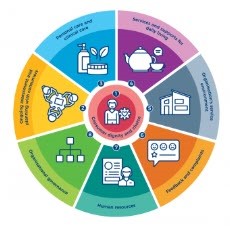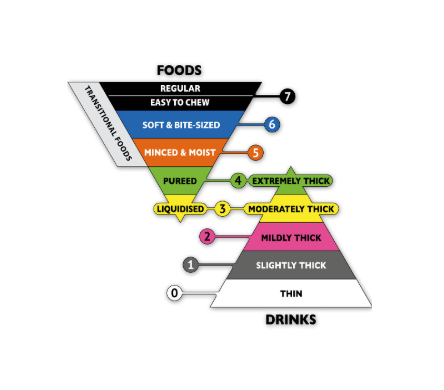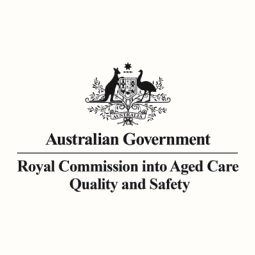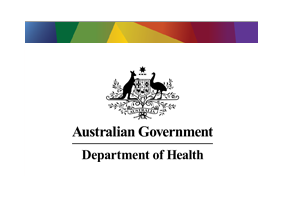A new 30-minute educational video for service providers has been produced to support compliance with new Aged Care Quality Standards. The resource is a collaboration between the Commission and online training services provider, Altura Learning.
The video is another valuable resource for aged care services as they prepare for the new aged care Quality Standards coming into effect from 1 July 2019.
Aged care services are encouraged to use the video to help educate staff about how the new Standards apply in both residential and home care settings.
What you will learn from the Aged Care Quality Standards video:
• Understand the framework that supports the Standards
• Identify the eight standards that make up the Standards
• Explain how service provider’s performance is assessed against the Standards
• Recognise the role of the organisation in meeting the Standards






